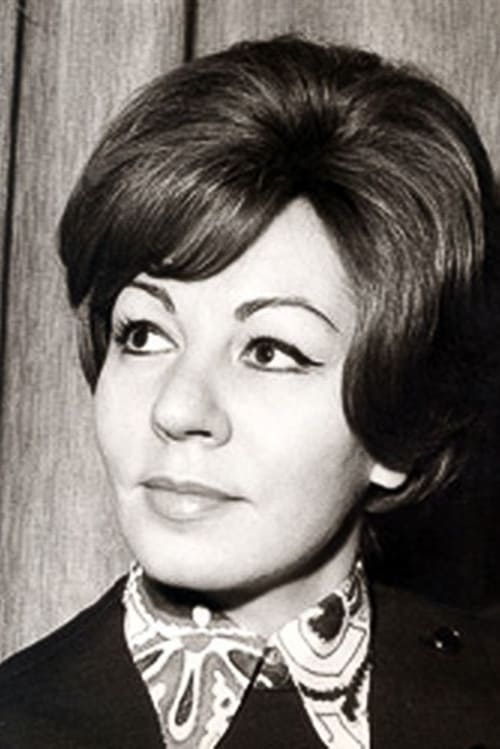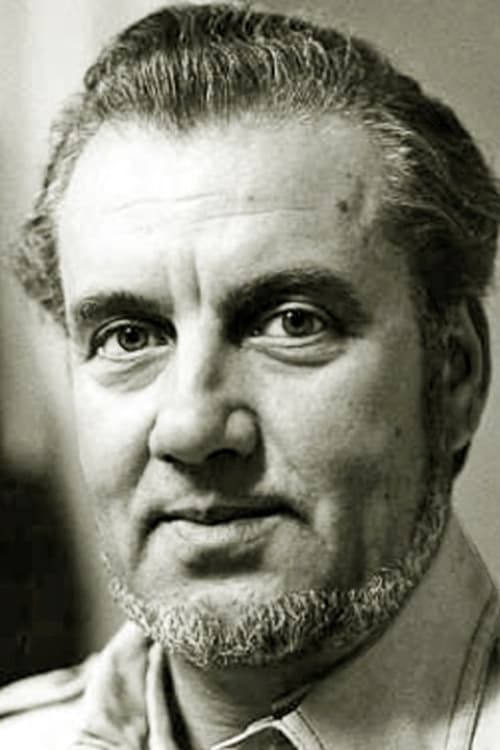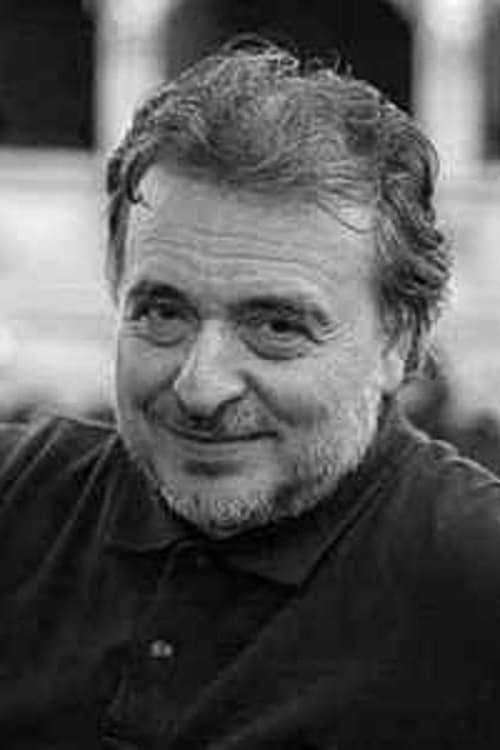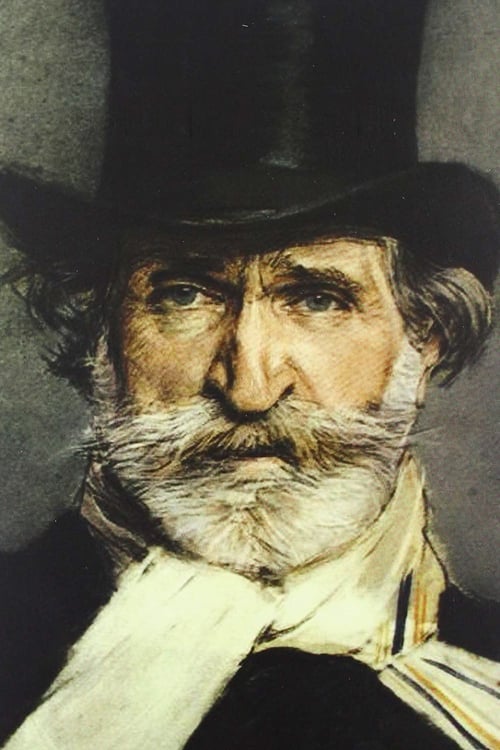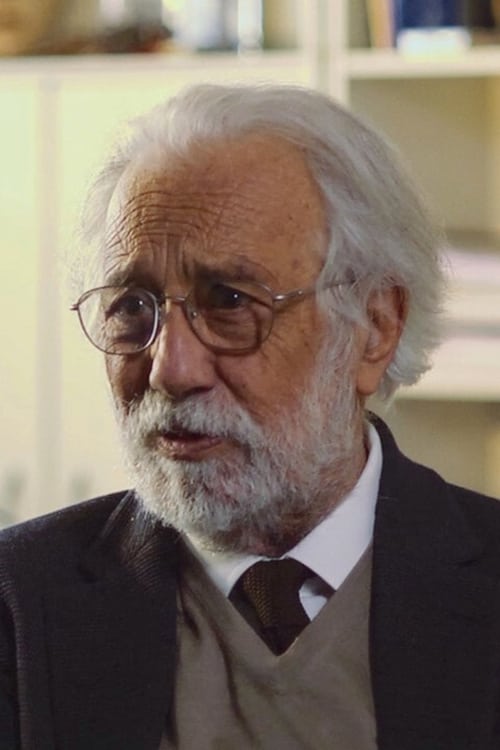Aida (1985)
Género : Música
Tiempo de ejecución : 2H 40M
Director : Derek Bailey, Luca Ronconi
Sinopsis
La Scala went all out for its 1986 production of this grandest of grand operas, with a strong cast and, most important for a video recording, a larger-than-life staging. The Triumph Scene in Act II is by no means Aida's only attraction, but it is the part that makes the strongest and most lasting impression and it is the visual and musical climax of this production. Stage director Luca Ronconi brings on a procession to dwarf all processions: looted treasures, heroic statuary, miserable captives struggling under the lash of whip-bearing slave drivers. On par with these visuals is Lorin Maazel's first-class performance of the popular Grand March with the outstanding La Scala chorus and orchestra. In Act III, the contrasting tranquility of the Nile Scene also gets a visual treatment to match the music's qualities.
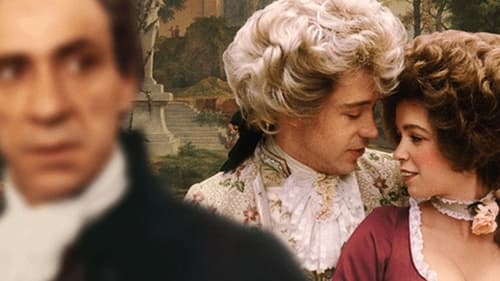
Antonio Salieri es el músico más destacado de la corte del Emperador José II de Austria. Entregado completamente a la música, le promete a Dios humildad y castidad si, a cambio, conserva sus extraordinarias dotes musicales. Pero, después de la llegada a la corte de un joven llamado Wolfang Amadeus Mozart, Salieri queda relegado a un segundo plano. Irritado por la pérdida de protagonismo, hará todo lo posible para arruinar la carrera del joven músico. Mientras tanto, Mozart, ajeno a las maquinaciones de Salieri, sorprende a todos con su genialidad como músico, pero también con sus excentricidades.
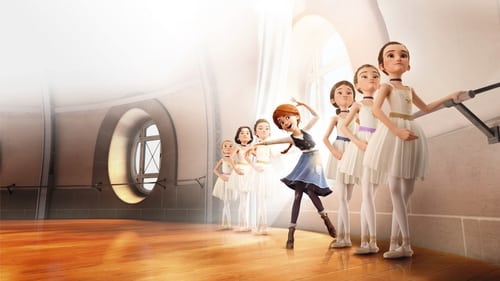
Felicia es una niña que, tras perder a sus padres, vive en un orfanato en su Bretaña natal. Su pasión es la danza y sueña con convertirse en una bailarina profesional. Para conseguirlo se escapa con la ayuda de su amigo Víctor y viaja hasta el París de 1879. Allí se hará pasar por otra persona para conseguir entrar como alumna de la Grand Opera House y así luchar por tener la vida que desea.
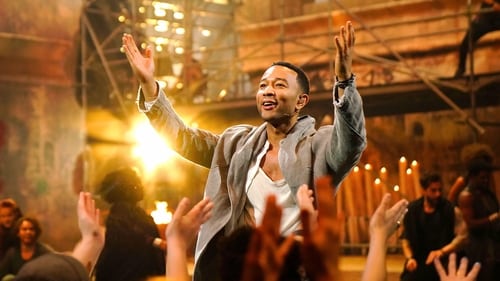
Un musical en vivo que narra los últimos días de Jesucristo y de quienes lo rodean.
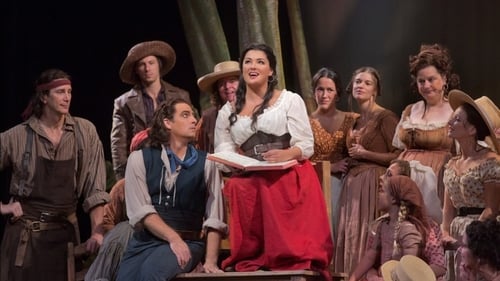
Anna Netrebko as the beautiful and wealthy Adina leads the cast in Barlett Sher’s production of Donizetti’s charming comedy, first seen on Opening Night of the Met’s 2012–13 season. Matthew Polenzani is Nemorino, the poor but good-hearted country boy who wins her love—with the help of the magic “elixir” sold by the quack Dulcamara, played by Ambrogio Maestri. Mariusz Kwiecien is the swaggering Sergeant Belcore and Maurizio Benini conducts.

Narra la historia real de Florence Foster Jenkins, una mujer que, al heredar la fortuna de su padre, pudo cumplir su sueño de estudiar para ser soprano. El problema era que carecía de talento, pero la gente acudía a sus recitales para comprobar si de verdad era tan mala cantante como decían los críticos.
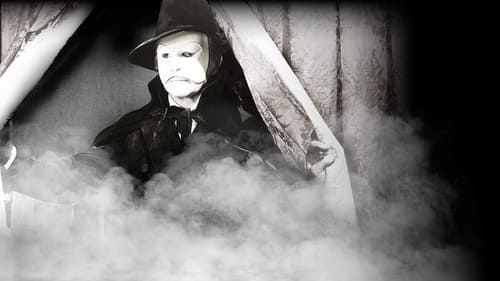
Un violinista de la Ópera de París, locamente enamorado de Christine Dubois, una joven aspirante a soprano, es despedido porque su mano izquierda ya no es tan hábil como antes. Solo y sin dinero, después de haberlo gastado todo en pagar -sin que ella lo sepa- las lecciones de canto de Christine, decide publicar un concierto con el fin de completar la instrucción de la soprano y de hacerse famoso. Pero, a causa de un malentendido, ataca a su editor, y la secretaria de éste le desfigura el rostro con ácido. Se refugia entonces en los sótanos de la Ópera y, desde entonces, actúa como un fantasma cuya sombra amenazadora acecha en la sombra y siembra el pánico entre el público.

Segunda Guerra Mundial (1939-1945). Parodia de la ocupación de Francia por los alemanes. Terry-Thomas es un piloto inglés que se encuentra perdido en la Francia ocupada, mientras que Bourvil y Louis de Funès son dos parisinos que, casi involuntariamente, ayudan a la resistencia contra los nazis. Un film que en Francia obtuvo un enorme éxito de taquilla.

Sir David McVicar’s bold new staging of Tosca, Puccini’s operatic thriller of Napoleonic Rome, thrilled Met audiences when it rang in the New Year in 2018. Only weeks later, the production was seen by opera lovers worldwide as part of the Met’s Live in HD series of cinema presentations. In this performance, Bulgarian soprano Sonya Yoncheva is the passionate title diva, opposite charismatic tenor Vittorio Grigolo as her lover, the idealistic painter Mario Cavaradossi. Baritone Željko Lučić is the menacing Baron Scarpia, the evil chief of police who employs brutal tactics to ensnare both criminals and sexual conquests. On the podium, Emmanuel Villaume conducts the electrifying score, which features some of Puccini’s most memorable melodies.
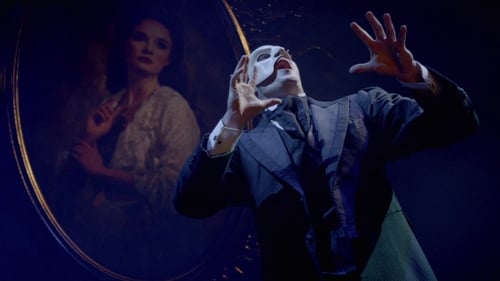
La excelencia compositiva de Andrew Lloyd Weber vuelve a deleitarnos con una nueva obra musical considerada la secuela de la célebre 'El fantasma de la ópera'. La hermosa y talentosa Christine Daaé y el misterioso enmascarado, se reencuentran.
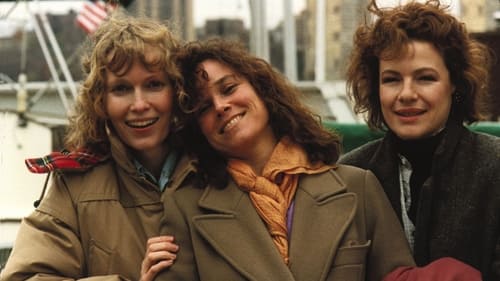
La hija mayor de una pareja de artistas, Hannah, es una esposa devota, madre cariñosa y actriz de éxito. Defensora leal de sus dos hermanas, Lee y Holly, es también la columna vertebral de una familia que parece casi tan resentida de su estabilidad como depende de ella. Pero cuando la rivalidad fraternal sabotea silenciosamente el mundo perfecto de Hannah, finalmente se da cuenta de que está tan perdida como todos los demás, y para ser capaz de encontrarse tendrá que elegir entre la independencia y... la familia sin la cual no puede vivir.
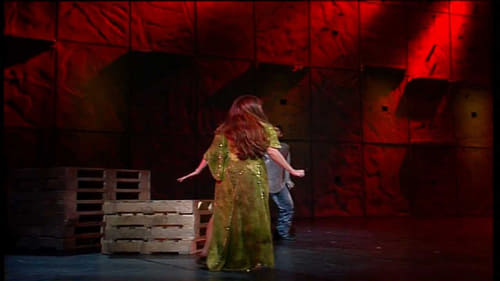
Adaptación musical de la novela de Victor Hugo "Notre Dame de París", que sigue a la bailarina gitana Esmeralda y a los tres hombres que compiten por su amor.
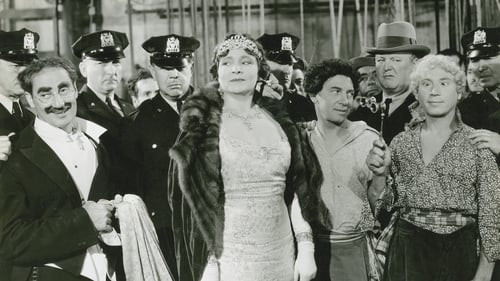
Los Hermanos Marx en la alta sociedad. A dos amantes que actúan en la ópera se les impide estar juntos porque no aceptan al hombre como tenor. Utilizando varios trucos típicos de los Hermanos Marx, logran que el tenor principal se ausente, y de esta manera el joven amante tendrá su oportunidad.
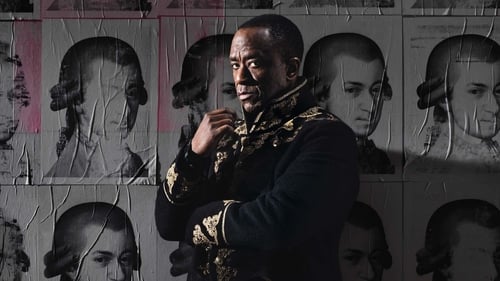
Wolfgang Amadeus Mozart, a rowdy young prodigy, arrives in Vienna, the music capital of the world – and he’s determined to make a splash. Awestruck by his genius, court composer Antonio Salieri has the power to promote his talent or destroy his name. Seized by obsessive jealousy he begins a war with Mozart, with music, and ultimately, with God.
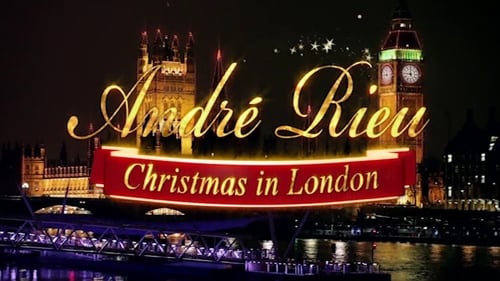
¡La Navidad es ahora más hermosa y acogedora que nunca! Vive la Navidad en Londres junto a André Rieu. Árboles de Navidad decorados por donde mires, calles bellamente iluminadas, tentadores escaparates navideños ... Combina el ambiente navideño único de Londres con un magnífico concierto navideño de André Rieu y tendrás todos los ingredientes para una fiesta encantadora en los oscuros días de diciembre. Junto a fantásticos solistas y su siempre alegre orquesta de Johann Strauss, André Rieu ofrece una velada fabulosa con los villancicos más bellos y conmovedores, pero también con canciones emotivas como Hallelujah, The Holy City de Leonard Cohen y el clásico Concierto de Aranjuez. Navidad en Londres significa una velada disfrutando de música encantadora, hermosos disfraces y mucha intimidad londinense.

In the depths of the Rhine, the three Rhinemaidens guard the Rhinegold, a treasure of immeasurable value. The Nibelung dwarf Alberich is dazzled by the sight of it. The girls explain that whoever wins the gold and forges it into a ring will gain power over the world, but must first renounce love. Frustrated by his unsuccessful attempts to catch one of the girls, Alberich curses love and steals the gold. Wotan, lord of the gods, is reproached by his wife Fricka: he has promised to give Freia, goddess of youth, to the giants Fasolt and Fafner in return for their building a fortress for the gods. When the giants demand their reward, Loge, the god of fire, suggests an alternative payment: the ring Alberich has forged from the Rhinegold, and his other treasures. The giants agree, and Wotan and Loge leave for the Nibelungs’ underground home.

La traviata (Italian: [la traˈviaːta], "The Fallen Woman"[1][2]) is an opera in three acts by Giuseppe Verdi set to an Italian libretto by Francesco Maria Piave. It is based on La dame aux Camélias (1852), a play adapted from the novel by Alexandre Dumas, fils. The opera was originally entitled Violetta, after the main character. It was first performed on 6 March 1853 at the La Fenice opera house in Venice. Piave and Verdi wanted to follow Dumas in giving the opera a contemporary setting, but the authorities at La Fenice insisted that it be set in the past, "c. 1700". It was not until the 1880s that the composer and librettist's original wishes were carried out and "realistic" productions were staged.[3]
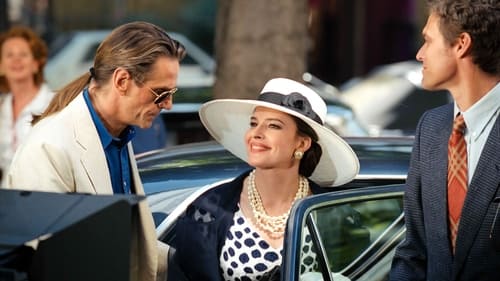
La cinta hace una invención de los últimos meses de la Gran Diva de la ópera,... retirada en su apartamento de Paris, hasta que un representante musical: Larry Nelly (Jeremy Irons) con el que antaño había trabajado, le propone una nueva aparición estelar. Franco Zeffirelli recrea un ambiente en el que Fanny Ardant demuestra su calidad interpretativa, rodeada de jóvenes como Jay Rodan y el modelo Gabriel Garko muy del estilo Pasolini.
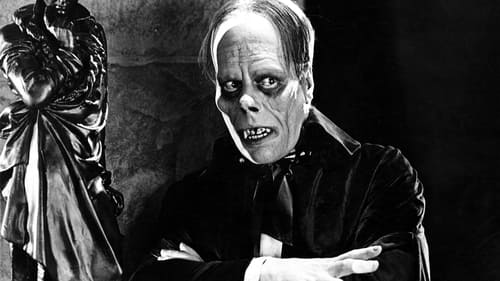
En los sótanos de la Ópera de París vive oculto el misterioso Eric, el hombre de voz de ángel y rostro desfigurado de demonio, que acecha entre pared y pared a la hermosa soprano Christine Daeé, a la que desea catapultar hasta la cima de la fama; pero cuando se entera de que la cantante está prometida al apuesto vizconde Raoul, se vuelve loco de celos.

Philip Glass’ opera “Akhnaten”, premiered in Stuttgart in 1984, forms the third part of the portrait opera trilogy about personalities who have influenced the course of human history. The conclusion of the trilogy deals with the ancient Egyptian pharaoh Akhenaten, who attempted to establish a kind of monotheistic cult around the god Aton during his reign in the 14th century BC, but failed due to the resistance of the priesthood. The production presented here was undoubtedly one of the very great successes of the 2019/20 season at New York’s Metropolitan Opera, due not only to the outstanding cast of singers (led by countertenor Anthony Roth Costanzo) but also to Phelim McDermott’s imaginative staging, which captivates with sometimes breathtaking imagery.

Bugs está en resistencia como la valquiria Brunhilde que se sienta en un caballo con sobrepeso. "Ella" es perseguida por Elmer interpretando al semidiós "Siegfried".

Una vez más podemos disfrutar de la pareja más de moda de la música clásica: Netrebko y Villazón, que aportan a sus papeles toda la pasión y la belleza de sus voces. La producción de Vincent Paterson, interpreta Manon como un cuento cinematográfico de Hollywood para el escenario operístico con la música colorista de Massenet como una especie de banda sonora. Musicalmente, la producción es igualmente extraordinaria. La Staatskapelle Berlin está dirigida por Daniel Barenboim. Se trata de una Manon que atraerá a personas muy diferentes: a los amantes de la ópera, las películas y Hollywood.

This was a 1988 revival of a 1971 production that teamed Domingo (Vasco da Gama) and Verrett (Selika - both then very much in their prime) in Meyerbeer's discursive swan-song. Seventeen years on, they are more statuesque than sexy, but both give larger-than-life performances that contain moments of completely thrilling vocalism. The casting is very strong, with the exception of Justino Diaz's Nelusko, which has strong presence but not much vocal allure. As Inez, Vasco da Gama's fiancee and rival for Shirley Verrett, Ruth Ann Swneson sings with great beauty and has impressive stage presence, very much holding her own in the confrontation with Verrett in the last act. Domingo is refulgent of tone and dramatically convincing, and he and Verrett strike sparks. She really comes into her own in one of the most preposterous mad-scenes in all opera, where she is slowly poisoned by the scent of a giant tree, contriving to make this dramatically truthful and even moving.

AIDA, an Ethiopian princess, is captured and brought into slavery in Egypt. A military commander, Radamès, struggles to choose between his love for her and his loyalty to the Pharaoh. To complicate the story further, Radamès is loved by the Pharaoh's daughter Amneris, although he does not return her feelings. Sonja Frisell’s production captures all the grandeur and excitement of Verdi’s monumental opera, particularly the great triumphal scene where the Egyptian army, led by Radamès (Plácido Domingo), returns victorious from war. Aprile Millo is Aida, the slave girl whose love for Radamès has her squaring off with Amneris (Dolora Zajick), the Egyptian princess who also loves him. Sherrill Milnes is Amonasro, and James Levine leads The Metropolitan Opera Orchestra, Chorus, and Ballet.
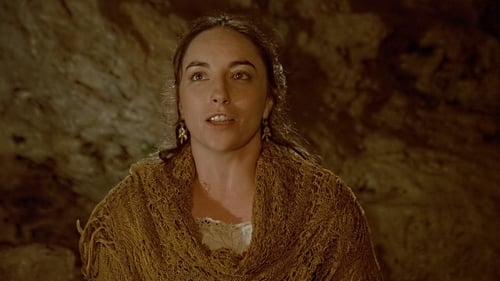
Una de las versiones filmadas más populares de la ópera de Bizet "Carmen", inspirada a su vez en la novela de Prosper Mérimée. En la España invadida por las tropas napoleónicas, un soldado francés llamado José se enamora de la bella y temperamental Carmen, pero ella no le corresponde del todo. (FILMAFFINITY)

Verdi’s monumental score is fully the equal of Shakespeare’s famous tragedy—and both demand great actors. This is one performance where both playwright and composer are well served. Plácido Domingo’s Otello is one of the glories of the operatic world, beautifully sung and so commandingly acted that audiences are devastated by the end. Renée Fleming’s ravishingly beautiful Desdemona is deeply moving, and as Iago, James Morris is as beguiling as he is menacing. Under James Levine’s conducting the Met orchestra and chorus are vital characters in the drama.
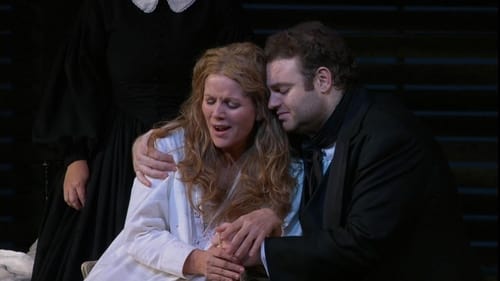
Renée Fleming has matured into one of the finest sopranos around at the moment, a true star with a sparkling personality and a velvet-toned voice that is capable of wringing the finest emotions out of works by Strauss and Tchaikovsky that from a lesser singer could sound rather cold and clinical. I wouldn't have thought her voice would be so well suited to Violetta Valéry in La Traviata, and it does take some getting used to, but I think she at least brings a distinct quality to the role with an emotional heart that isn't always necessarily there when a leading diva uses it primarily as a display for her vocal talents. It's served well also by Antonio Pappano's conducting of the Royal Opera House Orchestra in a traditional, but effective production by Richard Eyre.

